Iran, Indonesia show ‘spirit of independence’ by ditching dollar: Analyst
By Syed Zafar Mehdi
President Ebrahim Raeisi’s visit to Indonesia marks a “turning point” in Tehran-Jakarta relations, especially with an agreement between the two sides to ditch the dollar in bilateral trade, says an analyst.
Dina Sulaeman, a geopolitical analyst who teaches international relations at Indonesia’s Padjadjaran University, in an interview with the Press TV website said both countries are showing a “spirit of independence to break away from the domination of the dollar”, terming it a “positive change”.
Iran’s president, accompanied by a high-level government delegation, visited Jakarta on Tuesday and held wide-ranging talks with his Indonesian counterpart Joko Widodo on bilateral and regional issues.
The two sides signed a series of agreements, with a focus on ditching the dollar and replacing it with local currencies – Iran’s rial and Indonesia’s rupiah. They also vowed to push annual trade to $20 billion.
The two countries also signed 12 memoranda of understanding, including one on preferential trade and another on a visa-free regime to ease travel between the two countries.
"Sanctions and threats have failed to block Iran's path," President Raeisi said at the joint news conference with his Indonesian counterpart, adding that Tehran "prioritizes" relations with Islamic countries.
Sulaeman said she is “optimistic” that the target of $20 billion annual trade between the two countries will be achieved, especially the trade related to science and technology, or knowledge-based trade, which she noted has “higher value than the trade in natural resource commodities”.
“The value of knowledge-based trade is higher and the two countries have achieved technological advances in various fields that can complement each other,” Sulaeman told the Press TV website.
“Trade in natural resource commodities is also important because the two countries can meet each other's needs. Indonesia is rich in marine resources because it has very vast oceans, while Iran has more land,” she hastened to add.
The increase in cooperation between Tehran and Jakarta comes amid shifting global power dynamics and the end of the US-led unipolar world, which was one of the topics discussed between the two sides on Tuesday.
President Raeisi in a meeting with Bambang Soesatyo, the speaker of the People’s Consultative Assembly (MPR) of Indonesia, said the era of unilateralism is over.
“With these changes, new powers will be formed in the world, which is in the interest of developing countries," he said. “We believe the oppressed people of Palestine, Yemen and Myanmar are very close to having their rights fulfilled."
“As the two countries come together to boost trade and cooperation in various fields, a multipolar world will increasingly be realized,” Sulaeman said, suggesting that the Iran-Indonesia partnership will expedite the establishment of a multipolar world where these two countries will be major players.
She also referred to cultural and religious commonalities between the two countries, saying Indonesia has a population of 270 million and the majority are Muslim, while Iran too is a Muslim-majority country.
On coverage of President Raeisi’s historic visit to the South Asian country, Sulaeman said the local media covered it well but what was “extraordinary” was that CNN Indonesia broadcasted his visit to the Bogor Palace, one of the presidential palaces of Indonesia, live on YouTube.
The Indonesian geopolitical commentator said the closer cooperation between the two Muslim nations can also help fight the global menace of Islamophobia.
“The Western media tends to create a perception that Muslim countries are in conflict with each other. Now the world can see that two large Muslim countries have come together to do positive things,” she asserted.
Sulaeman also called out the wrong portrayal of Iranian women in the Western media, saying the Iranian president’s entourage included Iran’s First Lady Jamileh Alamolhoda.
“The First Lady launched her book, which was translated into Indonesian, and introduced to the Indonesian public, which showed that she is an extraordinary academic. It also sends out the message that women in Iran are allowed to become great scientists like Dr. Jamileh,” she remarked.
On the scourge of Takfirism in Indonesia, the professor said the Takfiri lobby in the country “is a tiny minority” while the “majority of Indonesians respect (religious and ideological) differences”.
Indonesians, she further noted, are “wary of US sanctions”, but in general the country has a “strong spirit of independence passed down by the father of our nation”, referring to the country’s first president Sukarno who was in the office between 1945 and 1967 and passed away in 1970.
“That is why Indonesia is establishing cooperation with all parties, including China, Russia and Iran,” she emphasized, calling for greater public diplomacy between Tehran and Jakarta.
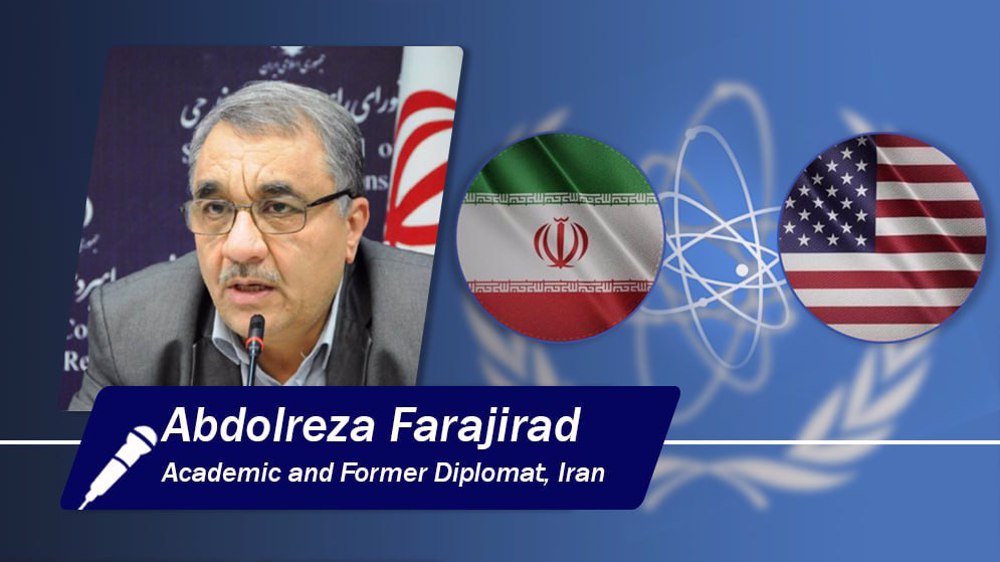
There is good chance that US and Iran can reach an agreement: Veteran diplomat
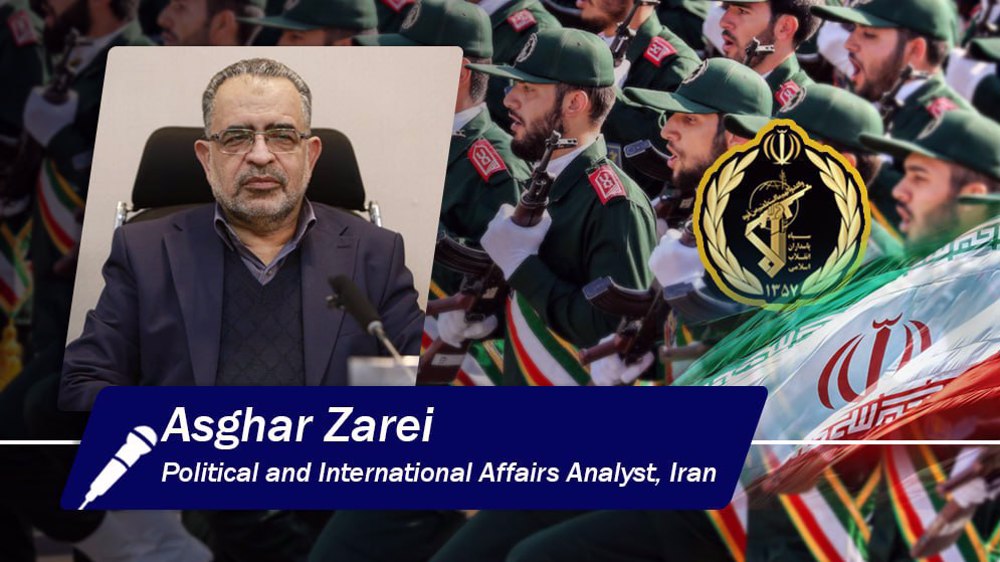
IRGC a thorn in the side of enemies; no power dares to threaten Iran: Analyst
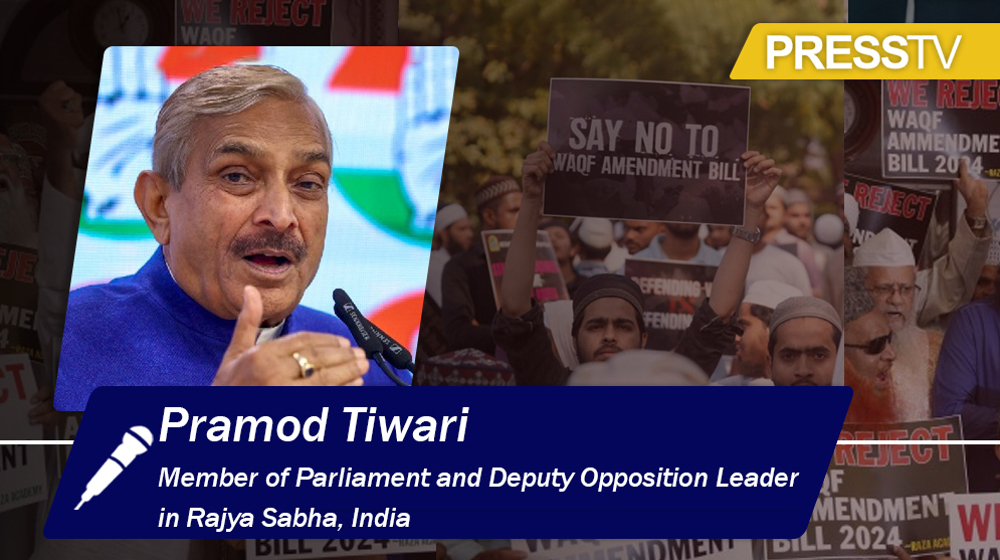
Waqf Bill not just an attack on Indian Muslims but on India’s constitutional fabric: MP
Israeli forces kill Palestinian teenager in occupied West Bank
US government deports two-year-old citizen 'with no meaningful process'
Spain granted 46 contracts to Israeli military firms since Gaza war began: Report
Yemeni ballistic missile triggers sirens across Israeli-occupied territories
VIDEO | Press TV's news headlines
VIDEO | Russia to begin gas supplies to Iran via Azerbaijan, boosting energy ties
VIDEO | Protesters in Damascus slam Arab silence on Gaza
VIDEO | S African protestors decry America’s ongoing support for global aggression


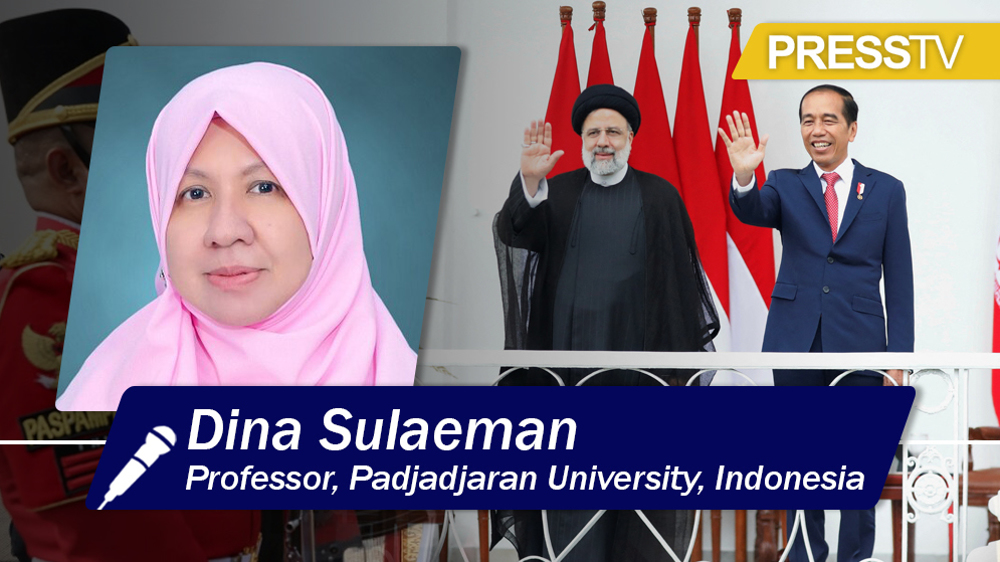



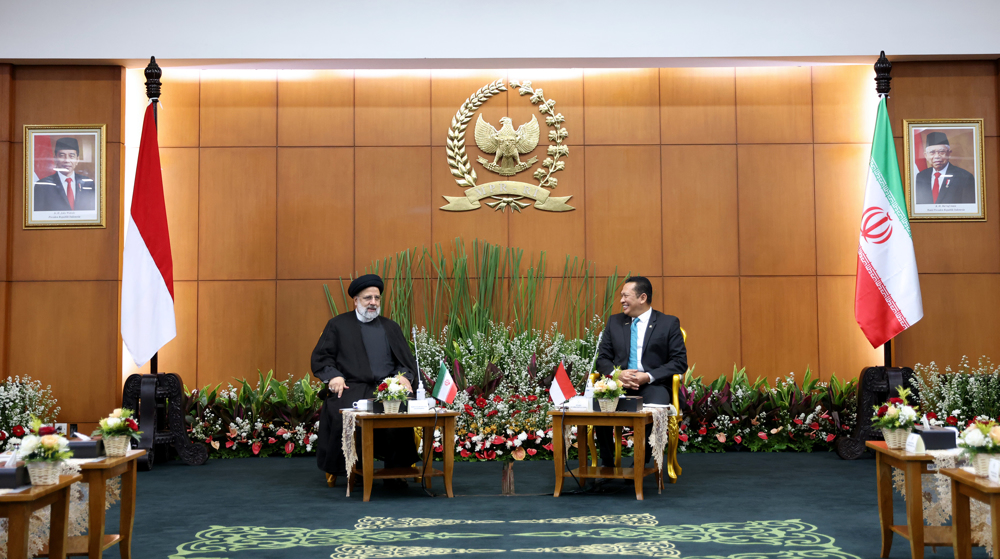
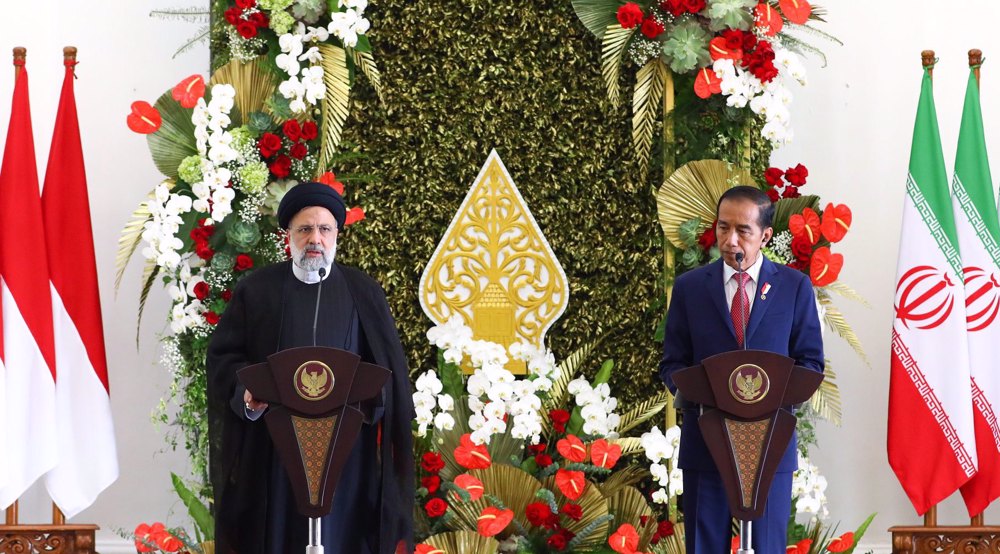
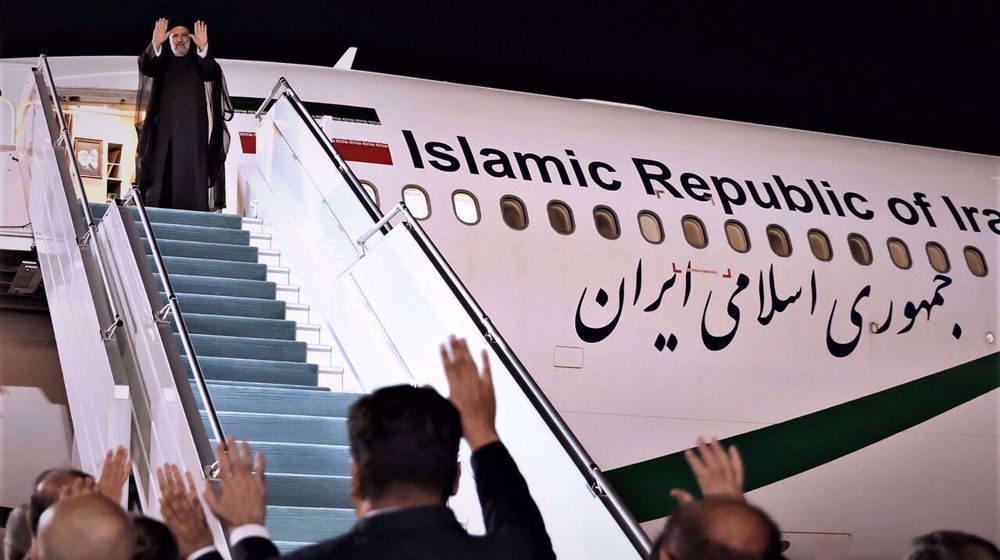
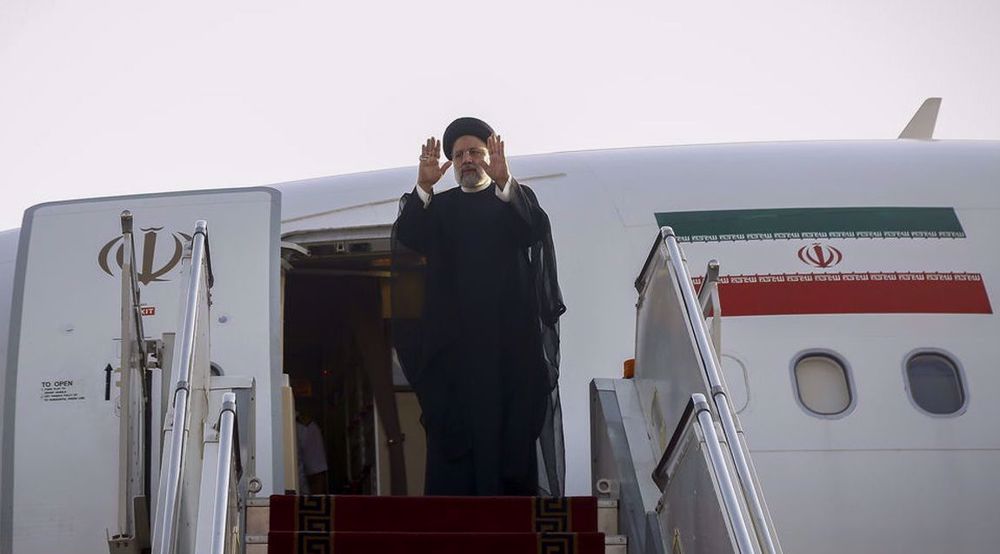
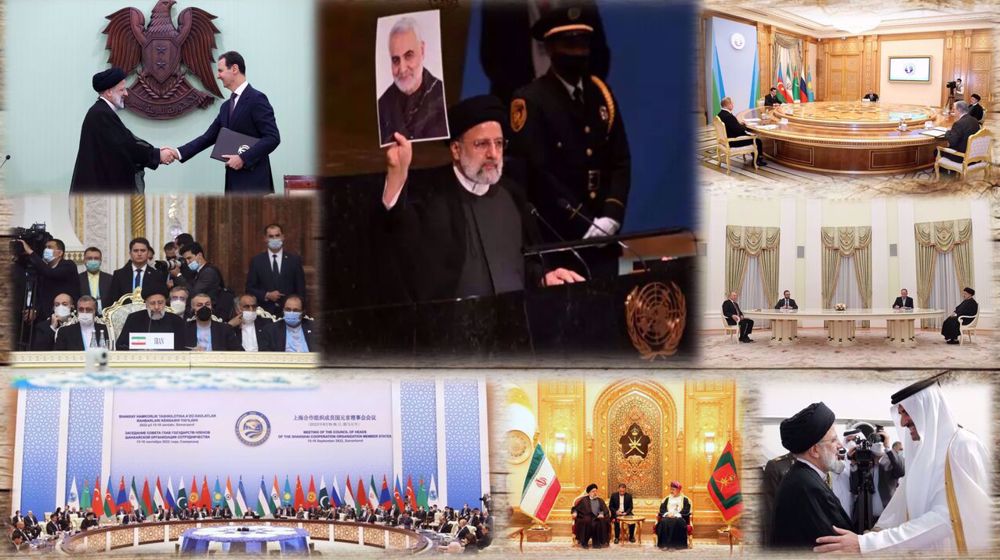

 This makes it easy to access the Press TV website
This makes it easy to access the Press TV website